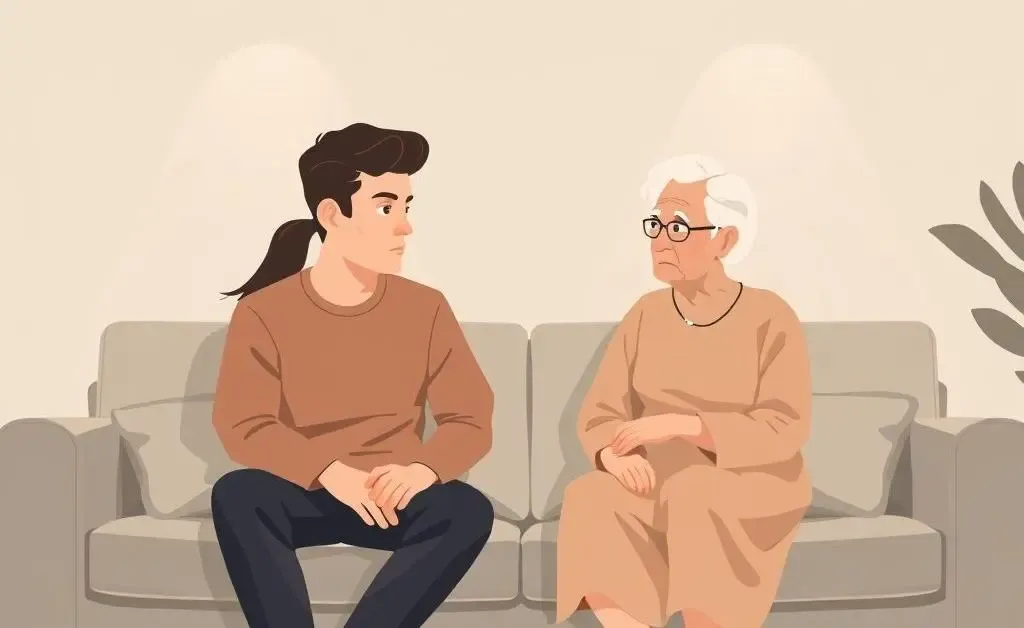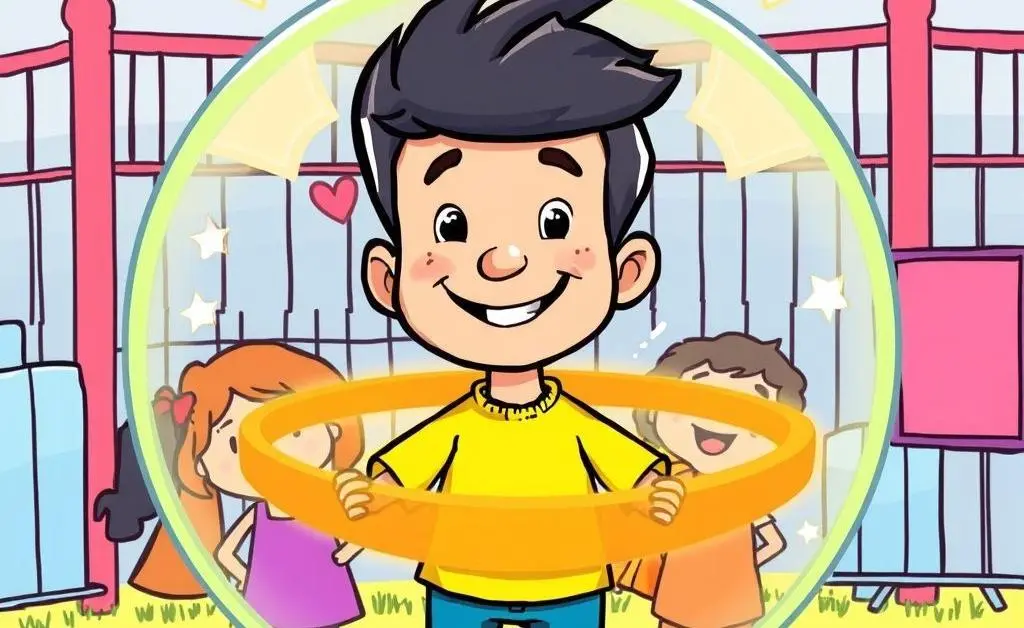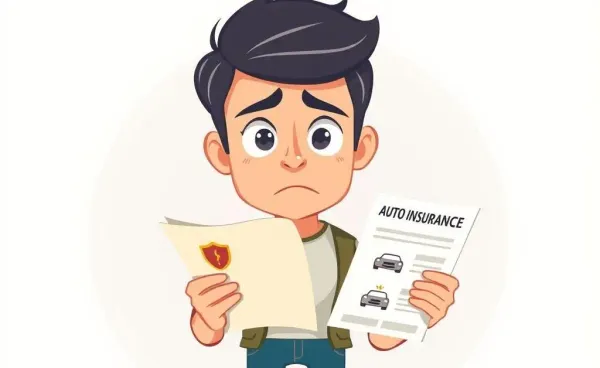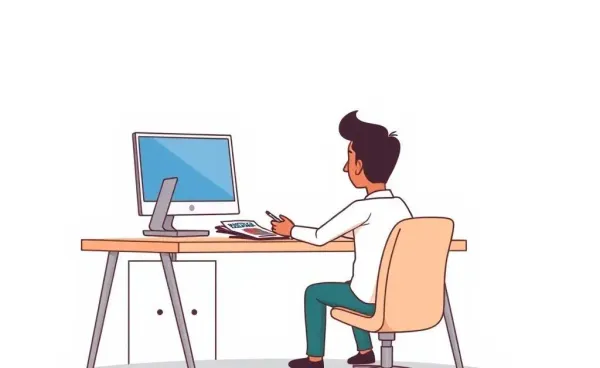Navigating Unwanted Attention: A Parent's Guide to Protecting Your Adult Child
Learn how to support and protect your adult child from unwanted attention, with practical advice and insights.

Have you ever felt a knot of concern twist in your stomach when someone fixates on your child? As parents, it’s natural to want to shield our children from unwanted attention—even as they grow into adulthood. But how do we do this without overstepping their independence?
Recognize the Signs of Unwanted Attention
Unwanted attention can come in many forms. An important first step is recognizing the signs:
- Frequent, unsolicited messages or contact.
- Showing up unexpectedly in places your child frequents.
- Excessive interest or attempts to join your child's social circle.

Imagine this scenario: Jane, a college student, noticed a classmate, Mark, suddenly appearing at her favorite coffee shop almost daily. While Mark initially seemed friendly, his persistence in sitting close by made her uneasy.
Open Lines of Communication
Talking openly with your adult child about your concerns is vital. Approach the situation with empathy, offering them a safe space to share their feelings.

Communication should be a two-way street. Use this opportunity to listen and validate their experiences. This shows you respect their autonomy, strengthening your relationship.
Set and Respect Boundaries
Setting clear boundaries is crucial for protecting personal space. Here’s how to help your child establish and uphold these boundaries:
- Encourage them to be firm and consistent in their responses.
- Help them understand the value of saying "no" when they feel uncomfortable.
- Discuss safety plans, like leaving a situation or contacting authorities if needed.
While instilling these strategies, remind them that keeping their safety a priority doesn’t mean causing harm to others; it’s about self-preservation.
Seek Support and Build Community
Sometimes, additional support can make all the difference. Encourage your child to lean on trusted friends and mentors for advice and assistance.

A supportive community not only reassures them but also empowers them to take necessary steps when things feel threatening.
When to Seek Professional Help
Don’t hesitate to seek professional help if the situation escalates. Counselors, legal advisors, and local authorities can offer guidance tailored to personal circumstances.
Closing Thoughts
Navigating unwanted attention is a delicate balance of impression and action. How do you foster a supportive environment that lets your child take charge while knowing when to step in? Share your thoughts on how you've tackled similar challenges in the comments below.




